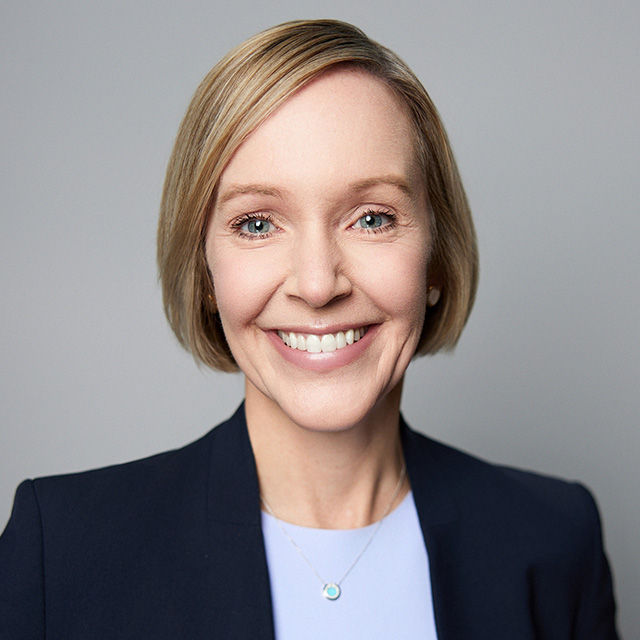Clarion Partners Makes Its First Move into Senior Housing

Clarion Partners is stepping into the senior housing sector with its first investment in the space, acquiring Sancerre at Atlee Station from NexCore Group and its wholly owned subsidiary, Experience Senior Living (ESL), and its Sancerre brand. ESL will continue to manage and operate the 103-unit assisted-living and memory care community. No price was disclosed.
The acquisition marks a demographic-driven expansion for Clarion, which has traditionally focused on industrial and multifamily assets—together accounting for about two-thirds of its portfolio. The remaining third includes offices, retail, student housing, a $3 billion life science portfolio, and self-storage.
Julie Robinson, Clarion Partners’ Head of Healthcare, tells GlobeSt.com that the firm has been planning for this type of diversification. “What we decided to do was to create a new product that is an open-end, core plus fund that would be fully dedicated to investments in alternative asset classes, particularly, again, those that are demographically driven,” she says. “Seniors housing, certainly, [is] one of our highest conviction strategies going forward.”
While senior housing differs in operation and market dynamics from Clarion’s other property types, Robinson notes certain similarities. Like multifamily and student housing, it is still residential, and it shares with outdoor industrial storage a challenge of limited site availability. Even where metro areas have land, the economics can make it difficult to justify such use.
“It's a significant portion of the population that is turning 80 plus, obviously driven by the baby boomers that we all know,” Robinson says. Rising construction costs are constraining new supply, she adds. “In certain markets at this point, you just, you just really can't catch up.” With few substitutes for quality senior housing, operators must strike a careful balance between rent levels and viability. “You really have to be able to charge the right rents in order to make that economically viable,” she says. The financial capacity of baby boomers and their children helps support those rent levels.
Staffing shortages remain one of the sector’s ongoing obstacles. Clarion’s chosen segment offers some relief. “We're not focused on skilled nursing, that's not our investment thesis,” Robinson tells GlobeSt.com. “But yes, if it were, absolutely, we only partner with an operator who did skilled nursing.” Instead, the firm’s approach centers on independent and assisted living. “We really like independent living in terms of stability of cash flows and higher margins,” she says. “We really like assisted living because of the stickiness of the resident population.”
Technology, Robinson adds, is expected to play a growing role in streamlining operations and reducing staffing pressures. Over the next several decades, she predicts, the industry will evolve alongside shifts in wealth and care preferences among future generations of seniors.
“You'll see the sector shift over the next decade, two decades, three decades, in a few different ways,” she says. “One is in terms of preventative care and being able to identify when a resident may need additional therapy. We'll have more efficient care staffing as a result. You're able to get labor and wage savings that then allow you to maximize either the profit in the building or allow for a product that can better serve the middle market. Because now, if you have lower labor costs, you also don't have to charge as much rent, and so now you're accessing an even bigger part of the pie.”
Source: GlobeSt/ALM